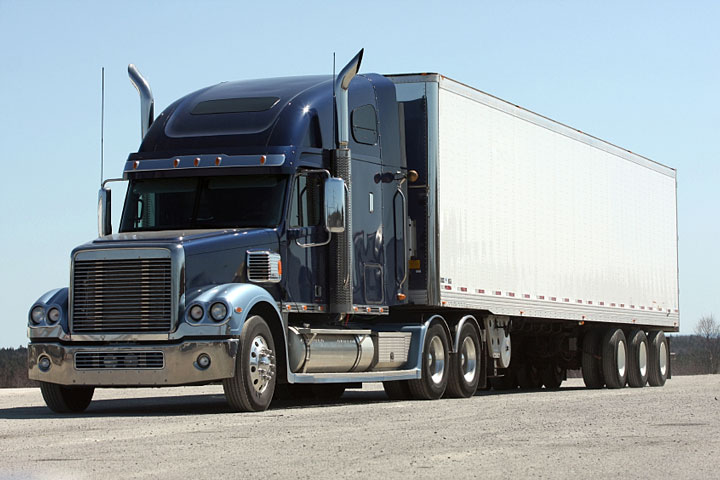
What should be an advantage to Southeast producers against Mexico is anything but, believes Georgia vegetable farmer Dick Minor.
Freight prices continue to spike, which has only worsened since gas prices continue to increase. But that doesn’t matter to produce originating out of Mexico, Minor added.
“High freight rates are our friend or should be technically our friend from a business point because Mexico’s got to transport it further than we’ve got to transport it. Every time freight goes up, that should help us, give us a competitive advantage,” Minor said. “The only problem is, they’re still shipping just as much product regardless of freight costs. That tells us, they don’t care. I know for a fact they’ve got boxes into New York for $1 a box net back to them. That doesn’t even pay for the box. They’re just trying to move product.
“If they’re making real business decisions, when freight got really high like it did in ’11, ’12, and ’13 when we had $3.50 gasoline, they should have been shut down. But no, they still shipped product regardless of freight costs.”
Freight was one of several points of contention during the most recent U.S. International Trade Commission hearing that centered on the impact of squash and cucumber imports on the Southeast domestic market.
Increased Freight Costs
Increased input costs are a challenge for Southeast producers. Freight is no exception. It was established during the hearing that between 2015 and 2020, freight costs have at least doubled. There are fewer drivers and more regulations on the road. Drivers must be shut down for eight hours.
“Everything’s going up,” Florida farmer Sam Accursio said during the hearing. “Insurance is going up tremendously for these independent operators. Fuel has been fluctuating back and forth, but their biggest expense is tires and mechanics insurance. Their biggest complaint is insurance and tags.”
Those same input costs are not swaying the intentions of Mexican producers who are focused on the U.S. markets. Whether it is strawberries, blueberries, squash, cucumbers, tomatoes, imports are increasing exponentially. Freight is just another factor that doesn’t seem to matter to Mexican growers.
“The cheaper you can get the freight on a delivered price, then you can make more money,” added Georgia producer Bill Brim during the hearing. “If we take it on an open market and we ship it up there and have $6,000 in freight and they pay you $3 a pack, then you’ve lost your you know what.”









